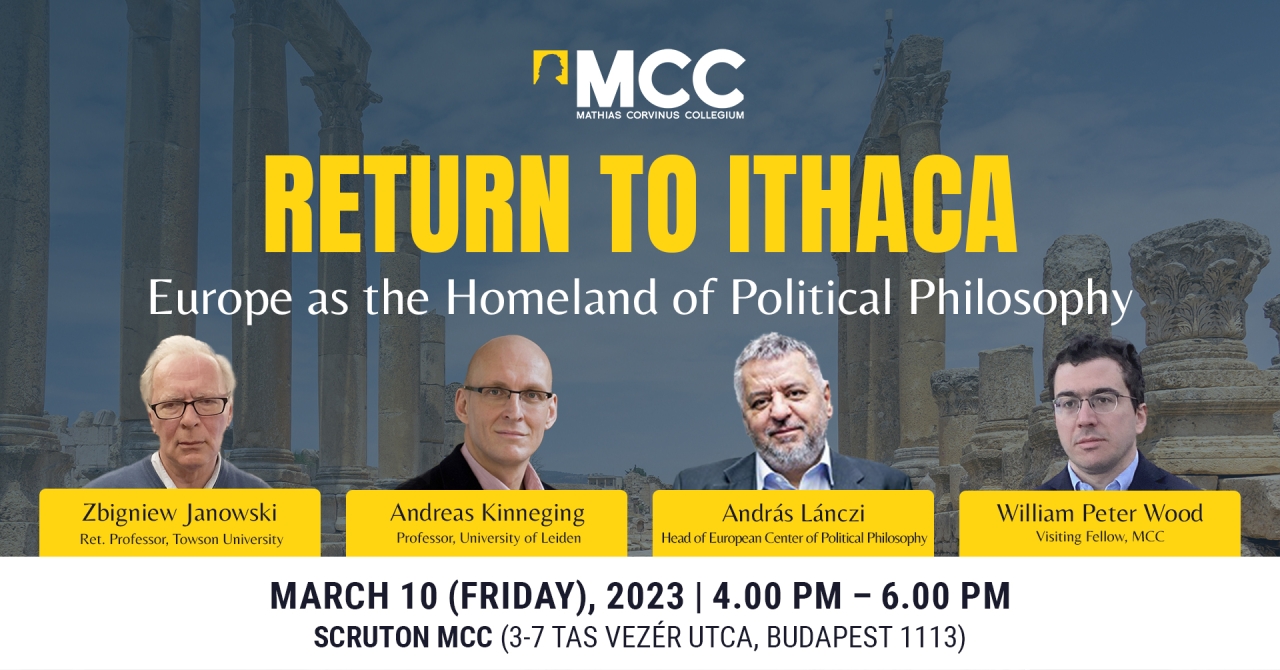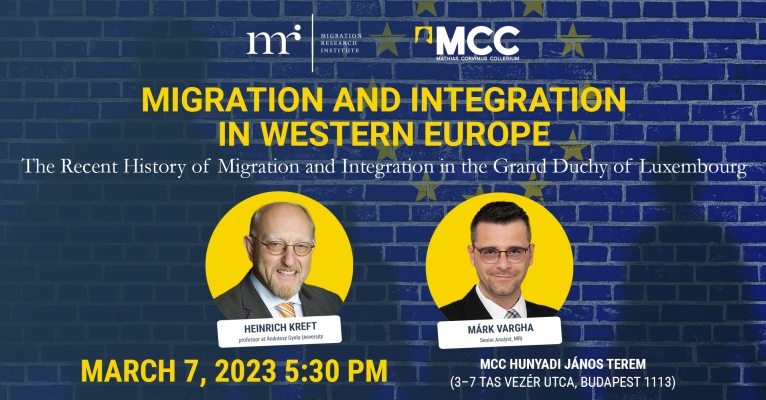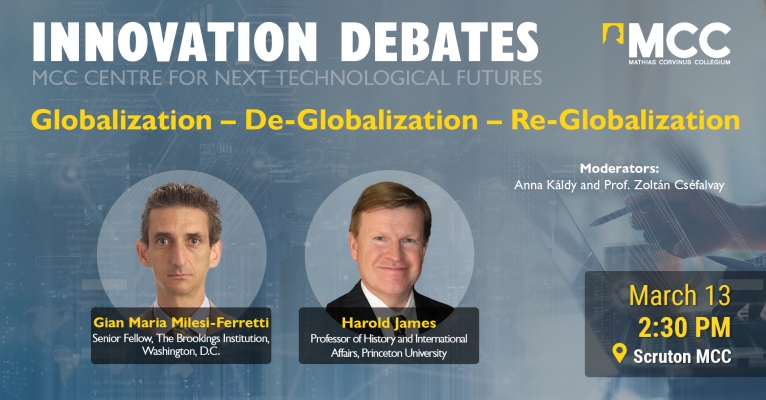The central idea of this meeting is to put forward the idea of classical political thought under present conditions. As Leo Strauss put it “It is not self-forgetting and pain-loving antiquarianism nor self-forgetting and intoxicating romanticism which induces us to turn with passionate interest, with unqualified willingness to learn, toward the political thought of classical antiquity. We are impelled to do so by the crisis of our time, the crisis of the West.” When Leo Strauss wrote this and many other things to express his concern with the decline of the Western civilization, he was living in the age of European wars and many signs of the decline of the West including the demise of philosophy, the ambiguous status of modern science, and nihilism, which he described as „The contemporary rejection of natural right leads to nihilism - nay, it is identical with nihilism.” What is more, he identified nihilism with German thought „The present Anglo-German war is then of symbolic significance. In defending modern civilization against German nihilism, the English are defending the eternal principles of civilization.” American Academia offered an asylum for both persecuted European scholars and ideas before, during and after the two World Wars. European political thought, in the meantime, came under the stewardship of American academia. Thus, America preserved vital parts of European thought, much as the Arabs had done during the Middle Ages. Europe has never been able to maintain herself without her cultural heritage, including political philosophy.
Today Europe no longer needs any stewardship, and since „the crisis of our time” is still perceptible, it is high time to consider the renewal of European philosophy and the right to ask relevant questions about the West, the East, culture, education, politics, and like matters. We are not yet beyond the age of nihilism, which is slow acting poison for a culture. Today, when there is a lot of talk about a „post-truth” world, or the relativity of truth, we need to turn our minds towards philosophy, again seeking to restore the meaning of truth and the fundamental role of questioning which was forbidden for so long in the 20th century, as it was voiced by Eric Voegelin, another refugee, like Leo Strauss, who wished to resuscitate classical political philosophy in the US. But what is political philosophy? Leo Strauss also helped us to define the meaning: “The adjective "political" in "political philosophy" designates not so much the subject as a manner of treatment; from this point of view, I say, "political philosophy" means primarily not the philosophic study of politics, but the political, or popular, treatment of philosophy, or the political introduction to philosophy the attempt to lead qualified citizens, or rather their qualified sons, from the political life to the philosophic life.”
The event is meant to announce the establishment of the European Center of Political Philosophy dedicated to raising the relevant questions of the age of nihilism. The focus is political philosophy, the aim is educational – educating young minds to liberty has always been the highest goal of European culture.
Language: English
Program
4.00 PM – 4.10. PM Opening Remarks
- Dr. Zoltán Szalai, General Director, MCC
4.10 PM – 5.40 PM Panel discussion
- Prof. Zbigniew Janowski, Ret. Professor of Philosophy, Towson University
- Prof. Dr. Andreas Kinneging, Professor in the Philosophy of Law, University of Leiden
- Prof. András Lánczi, Head of European Center of Political Philosophy, MCC
- Dr. William Peter Wood, Visiting Fellow, MCC
5.40 PM – 6.00 PM Q&A
PROF. ZBIGNIEW JANOWSKI received his M.A. in philosophy from The Catholic University of America, Washington, D.C. and his Ph.D. from the Committee on Social Thought at the University of Chicago. He taught in the USA, Canada and France. He authored several books on Descartes and edited Leszek Kolakowski and John Stuart Mill's writings. His most recent book is Homo Americanus: The Rise of Totalitarian Democracy in America.
PROF. DR. ANDREAS KINNEGING is professor in the Philosophy of Law at the University of Leiden. He has published extensively, in both Dutch and English, on constitutional theory, ethics -especially virtue ethics-, the history of philosophy, and metaphysics. Some of his books are ‘Aristocracy, Antiquity, and History’, Transaction 1997, ‘The Geography of Good and Evil’, ISI Press 2009, ‘De Onzichtbare Maat’, Prometheus 2020 (an English translation is in the works). A translation of Plato’s Republic will appear this year.
PROF. ANDRÁS LÁNCZI is the professor of political science and philosophy at the Corvinus University of Budapest, of which he was the Rector between 2016-21. Currently, he is a member of the Board of Trustees at MCC, and the Head of the European Center of Political Philosophy.
DR. WILLIAM PETER WOOD is a postdoctoral scholar at the University of Pardubice and the principal investigator of a research grant from the Czech Science Foundation (GAČR). He received his PhD from the University of Chicago with a doctoral thesis on the philosophy of Nietzsche, and his interests include post-Kantian continental philosophy, ancient philosophy, political philosophy, and the philosophy of religion. He is working on a monograph on Nietzsche's relationship to the ancient Epicurean tradition. In 2023, he is Visiting Fellow at the MCC.
We welcome all those interested!


